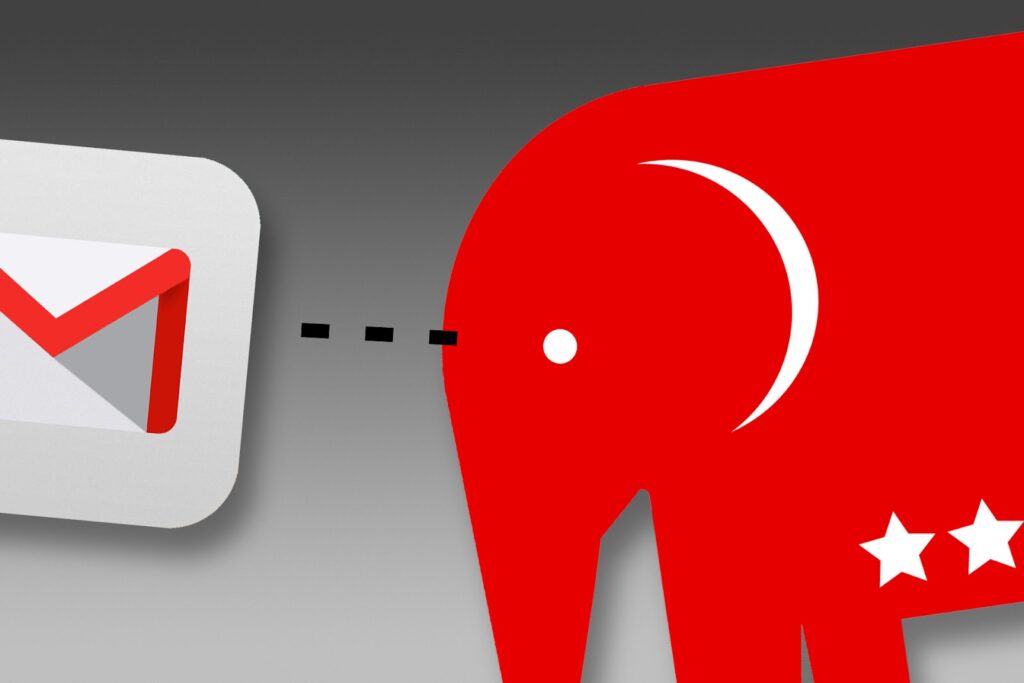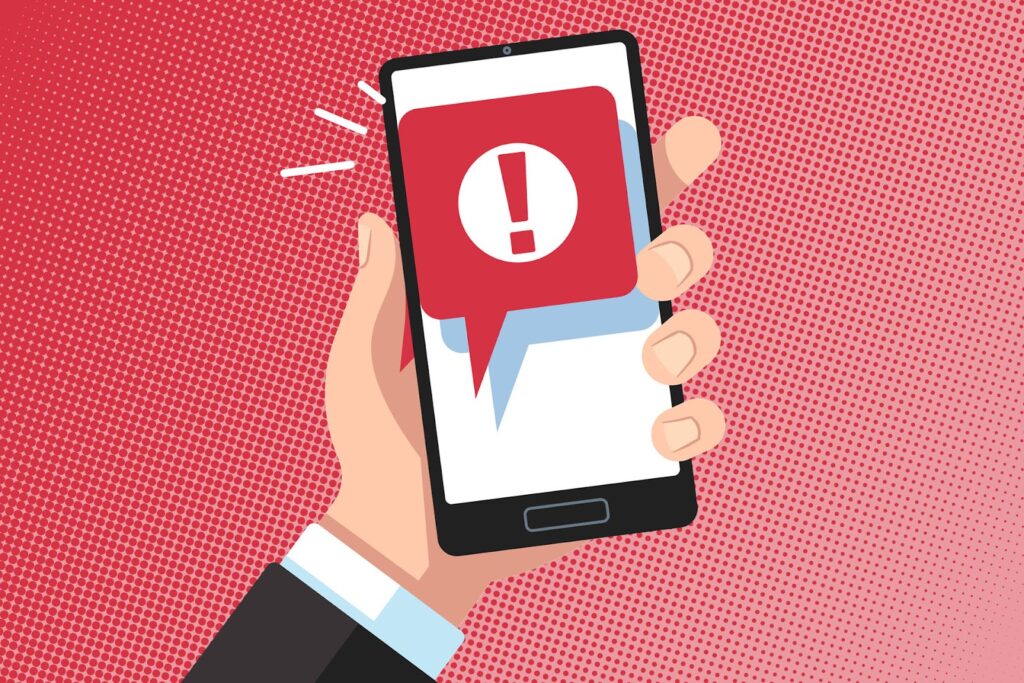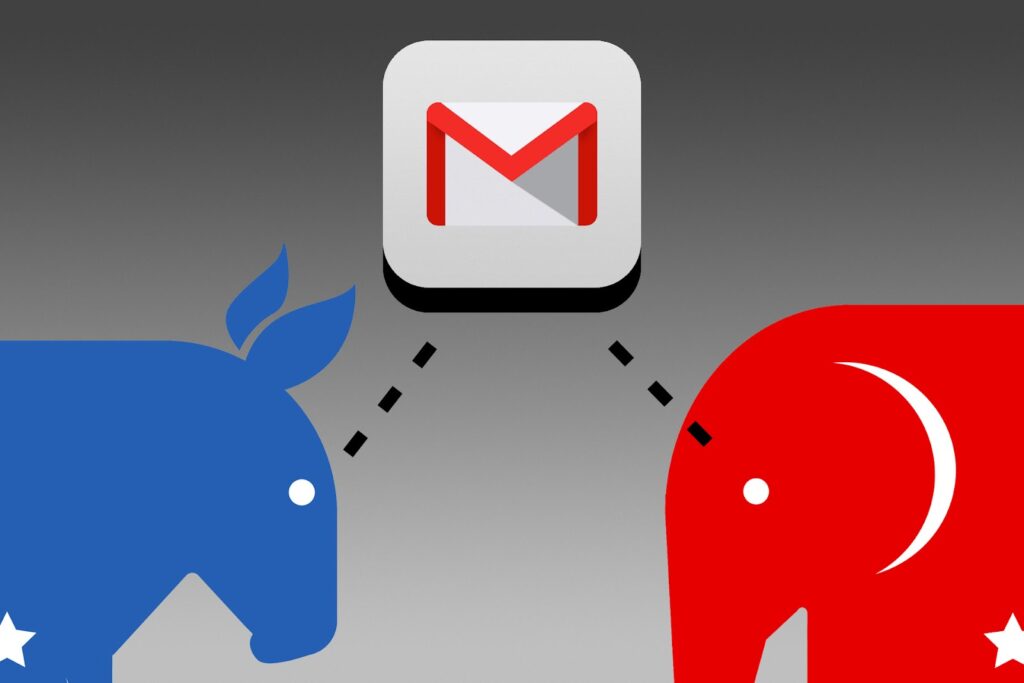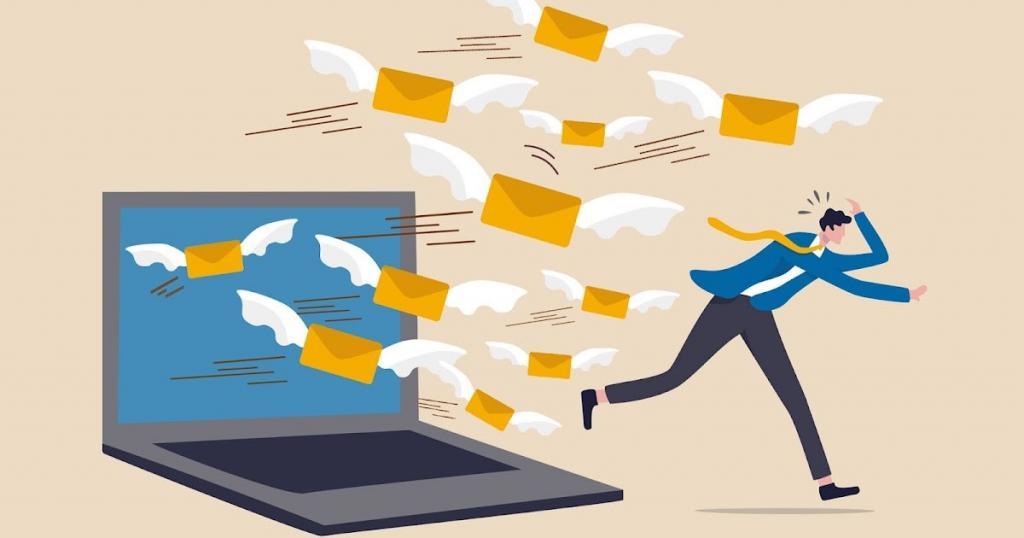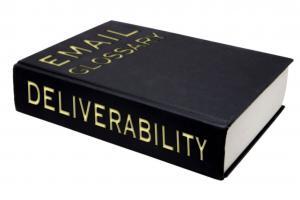politics
Eric Goldman is Associate Dean of Research, Professor of Law and Co-Director, High Tech Law Institute, at Santa Clara University. And he blogs about legal stuff, often stuff relating to the internet and privacy. I find his blog a must read. So he’s a good guy to turn to when you want quality analysis of the RNC’s first round loss in their lawsuit against Google. And here it is, perhaps a bit delayed, but still worth reading.
Mike Masnick from Techdirt’s got a scathing breakdown of how the judge just wasn’t buying what the RNC was selling; derisively detailing their failure to prove Google bias against right-wing political senders. It’s definitely worth a read. He closes with saying that with election season upcoming, maybe that will spur the RNC to appeal the ruling. Who’s he kidding? We know this isn’t the end of it.
Remember that the RNC had sued Google, alleging that RNC emails were being unfairly dropped into Gmail spam folders due to political animus on the part of Google? Well, so far, things aren’t going in the RNC’s favor. Judge Daniel Calabretta said that while it was a “close case,” the political committee had not “sufficiently pled that Google acted in bad faith.” The judge is leaving room for the RNC to re-file, so I’m sure this isn’t the last we’ve heard of this. Read more here and here.
Are political messages exempt from the requirements of the Telephone Consumer Protection Act? As the FCC explains, while campaigns are exempt from the “do not call” list requirements, the TCPA does still bring specific rules that even political campaigns must follow.So then….I’m not entirely sure what to make of this. As reported by Bryan Metzger for Business Insider, Nancy Pelosi’s campaign recently settled with an Illinois man over allegations that they SMS spammed him even though he’s registered with the do-not-call list. TCPA does contain a private right of action clause, and it does require that political text messages either be opt-in or “manually dialed.” Maybe the campaign was worried that their messages could be construed as “robotexts” instead of “manually dialed?” I don’t know enough to say, but it’s curious to me that they settled.But now I understand why all of the annoying political text messages I received in
Do you receive political spam? Political spam happens in the US, seemingly regardless of party, but it is not something universally engaged in, nor do I think that it is something broadly welcomed, even if some tolerate it.My own personal experience is varied. Back in my Miami Beach days, I dared to sign up for local government LISTSERVs to get warnings about hurricanes (when should we leave town?) and notifications of upcoming events in the area where I lived (where’s the live jazz?). A number of unscrupulous folks seem to have obtained my email address from those signups via FOIA (Freedom of Information Act) requests and then added me to lists for their various candidacies. I vigorously reported all of those unsolicited messages, knowing that most best practice-abiding email sending platforms do not intend to allow lists to be built in this way, and specific mail stopped. Sometimes an overzealous candidate
Mike Scarcella, reporting for Reuters: Google has hired law firm Perkins Coie to help defend it against the RNC’s spam filtering lawsuit. “While Perkins long has provided legal services to the Democratic National Committee in matters of political law, and to political candidates, most of the lawyers fielded to defend against the RNC’s claims focus on privacy, security and business litigation.” Read it all here.
Will Easton is an expert email strategist and nonprofit fundraiser, and the webmaster of ethicalemail.org. He was recently laid off and looking for work, so feel free to connect with him on LinkedIn or by email to weaston@igc.org.Today’s topic? The deluge of fundraising spam you’re likely to receive after making a political contribution and handing over your email address.First, let me make it clear that I’ve managed email communities for generally progressive nonprofits, B2C companies & candidates throughout my career, so my focus here is on that side of the aisle. Republican email fundraising is a separate kettle of fish with its own problems, highlighted in this piece from the NY Times focusing on the Trump campaign … as well as a followup article pointing out that elderly donors to both parties are particularly susceptible to unethical tactics, and represent a disproportionate share of refunds requested for donations they don’t
Today’s guest post comes from my Kickbox colleague, Jennifer Nespola Lantz. Don’t forget to check out her posts over on the Kickbox blog. Take it away, Jen!Yesterday, a colleague shared a link, a much anticipated link, a link that adds clarity to a topic that caused some hair to catch on fire (mine in particular), some ire and anger, much speculation, and little support. That topic: Gmail’s Political Pilot Program or as Gmail has coined it Gmail Verified Sender Program Pilot (some speculate there are reasons for this, but let me learn my lesson and not talk about that just yet).I was hot on the topic when I first read about it and quick to comment judge. I was also quick to jump right into this newly shared link, filled with (what I hoped was) answers to some lingering questions. And what an enjoyable read it was. Not because it was
Today’s guest post comes from my colleague Jennifer Nespola Lantz, VP of Industry Relations and Deliverability at Kickbox, keeping us updated on a potentially upcoming Gmail spam filtering process change that is likely to have a great impact upon all of us. Take it away, Jen!On June 28th, I saw a news article by Axios reporting that “Google moves to keep campaign messages out of spam.” At first glance I was very surprised about the statement knowing all Gmail does to protect users and how hands off they tend to be (outside of the machines doing their magic.) What I originally defined as campaign messages was coming from a too in-the-weeds mental dictionary about email production. I always coined campaigns as a singular email marketing effort. And then I read it…”Google has asked the Federal Election Commission to green light a program that could keep campaign emails from ending up

